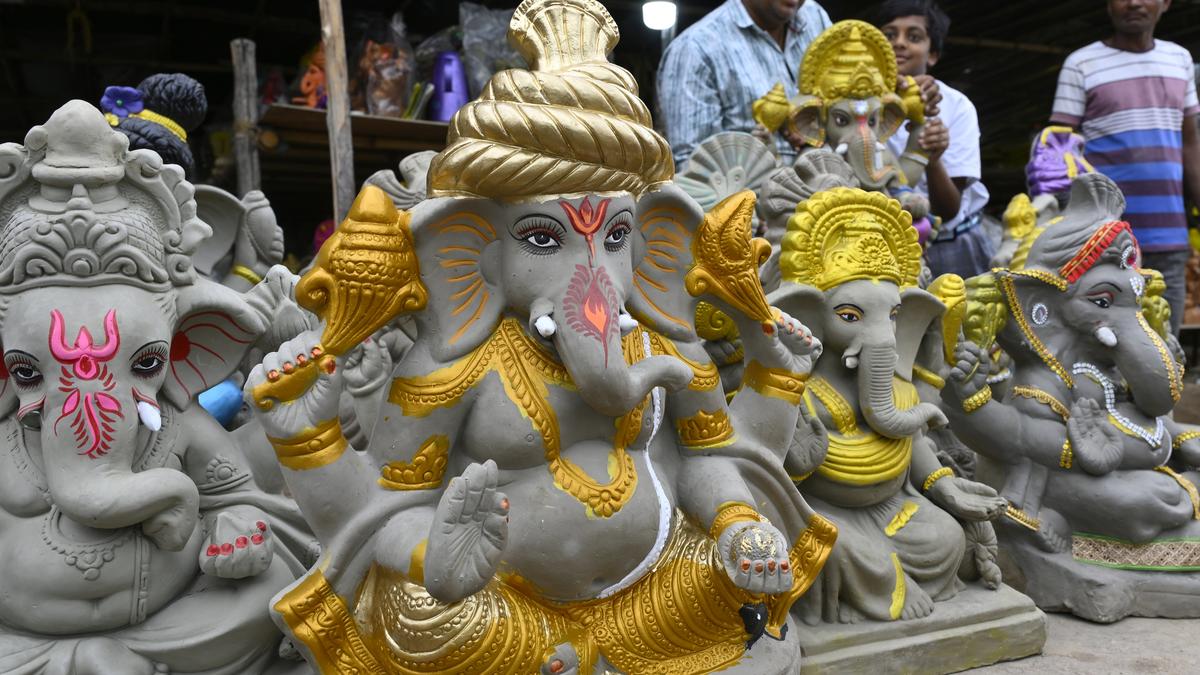Air Chief Marshal A.P. Singh on Tuesday (August 26, 2025) cautioned against going ahead with the theaterisation plan in a hurry and proposed the setting up of a joint planning and coordination centre in Delhi comprising top military brass to ensure tri-Services synergy.
In a fireside chat at the Army War College, the Chief of Air Staff, referring to proposed theatre commands, said creating a new structure while disrupting everything was not a very good idea at this point of time.

The hugely significant remarks by the Air Chief Marshal came three-and-a-half months after India carried out Operation Sindoor that reflected various elements of synergy among the three Services.
In his remarks, Air Chief Marshal Singh said the operation once again established the "primacy" of air power even as he highlighted the tri-Services coordination during the May 7 to 10 conflict with Pakistan.
The Chief of Air Staff said Chief of Defence Staff Gen. Anil Chauhan played a "very big role" during Operation Sindoor. He highlighted how Gen. Chauhan and the three Service chiefs worked closely in planning and executing the operation.
"I personally feel that having a joint planning and coordination centre in Delhi is what is required," he said, suggesting that it should be kept under the Chiefs of Staff Committee directions that could be issued jointly.
With Gen. Chauhan listening, Air Chief Marshal Singh said "centrally planned" decisions could be executed under a decentralised framework. "That will work out the best."
The IAF chief was replying to a question on the proposed theatre commands.
"But yes, we can start with this first, implement it and see how it pans out. If we need any more structure, we can think about it. But disrupting everything and making one structure now at this time, I do not think it is a very good idea," he said.
The Chief of Air Staff said the structure for coordination that was seen during Operation Sindoor was likely to work during a long-drawn conflict as well.
"This was an example that we can orchestrate things together. I have also heard from people that this was just a very short war, what will happen in a long-drawn war?

"I think exactly the same will happen. We will still need to be in touch with our political leadership, we will have to be giving them briefings and hearing from them what their directions are," he said.
‘No need to copy U.S.’
The Chief of Air Staff also said India should not be inspired by any other country, like the U.S., in rolling out theatre commands.
"Everybody has their own requirements. We need to think about what we need there and then only we should go about it. Otherwise, we will go wrong," Air Chief Marshal Singh said.
"We should not just come under any pressure and say we have to implement it now. Somehow we have to do it. It should not be done this way. I think we can stand our ground and discuss things," he said.
The Air Chief Marshal said there was a need to prepare for tomorrow's war.
"You cannot have a theatre commander sitting somewhere... now whom do they talk to, where do they get directions from. Phones are available but generally that does not work like that," he said.
"I feel having joint planning and coordination at the apex level is what is required. If directions go from it, things will work out. We don't actually need another structure at the lower level," Air Chief Marshal Singh said.
Under the theaterisation model, the government seeks to integrate the capabilities of the Army, Air Force and the Navy and optimally utilise their resources for wars and operations.
As per the theaterisation plan, each of the theatre commands will have units of the Army, the Navy and the Air Force and all of them will work as a single entity looking after security challenges in a specified geographical territory.
At present, the Army, Navy and the Air Force have separate commands.



.png)
.png)
.png)
















 2 hours ago
3
2 hours ago
3







 English (US) ·
English (US) ·